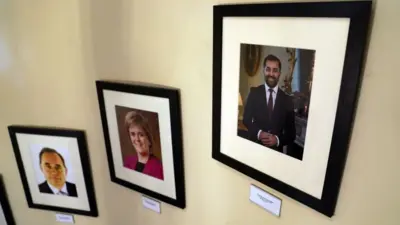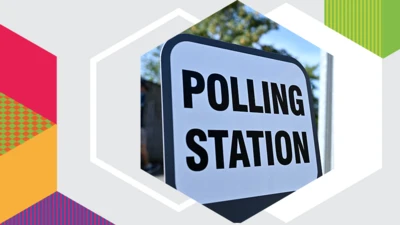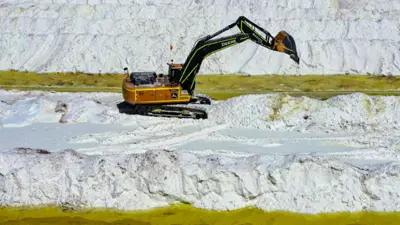We've updated our Privacy and Cookies Policy
We've made some important changes to our Privacy and Cookies Policy and we want you to know what this means for you and your data.
Thaad: US to sell $15bn missile defence to Saudi Arabia
Image source, Reuters
The US government has approved the sale to Saudi Arabia of its advanced Terminal High-Altitude Area Defense (Thaad) missile defence system.
The State Department said the $15bn (£11.5bn) deal furthered US national security and foreign policy interests.
It would boost Saudi and Gulf security against Iranian and other regional threats, the state department added.
The announcement comes a day after Saudi Arabia agreed to buy air defence systems from Russia.
The deal would not alter the military balance in the region, the Pentagon's Defense Security Co-operation Agency said.
Thaad systems are being deployed in South Korea to protect against a possible missile attack from North Korea.
But many South Koreans have objected, fearing it would become a target and endanger the lives of those who live near its launch sites.
China also voiced opposition to the system, saying it would affect the regional security balance.
What is Thaad?
- Shoots down short and medium-range ballistic missiles in the terminal phase of their flight
- Uses hit-to-kill technology - where kinetic energy destroys the incoming warhead
- Has a range of 200km and can reach an altitude of 150km
- US has previously deployed it in Guam and Hawaii as a measure against potential attacks from North Korea
The system destroys incoming missiles at altitudes beyond the Earth's atmosphere, making it especially useful in countering missiles that might carry a nuclear warhead.
The Thaad interceptor is produced by the US company Lockheed Martin.
Analysis: Riyadh is hedging its bets
By Sebastian Usher, BBC Arab Affairs analyst
This latest multi-billion-dollar deal will help satisfy the Trump administration's desire to be seen to be protecting and increasing jobs at home.
Donald Trump has also made it abundantly clear that he is completely in tune with the Saudi view of Iran as the biggest threat in the region - which is a key rationale behind this new Saudi spending spree.
He may be less pleased, though about the arms deal the Saudis agreed with Russia during King Salman's visit to Moscow this week.
It showed perhaps how Riyadh is hedging its bets, as US influence has been diminishing in the Middle East.
What impact could Thaad have in South Korea?
North Korea's nuclear threats have prompted South Korea to expand its missile defence system - what impact will this have?
Top Stories
Features & Analysis
Most read
Content is not available








